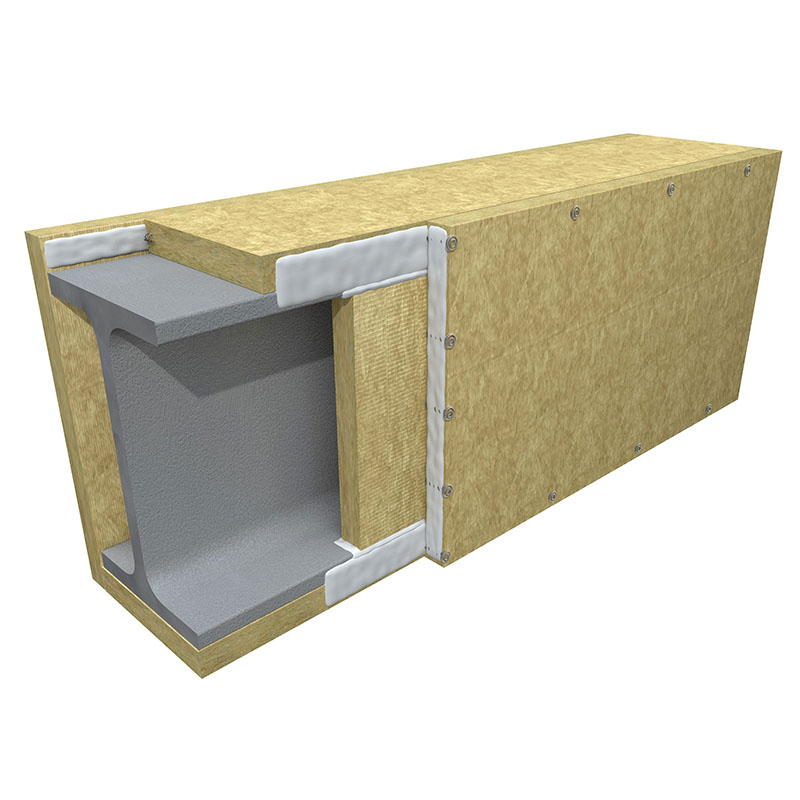
When it comes to fire safety, choosing the right fire panel is crucial. A fire panel, also known as a fire alarm control panel, is the central hub that monitors and controls fire detection and suppression systems in a building. With a wide range of options available in the market, selecting the most suitable fire panel can be a daunting task. In this article, we will explore the key factors to consider when choosing a fire panel to ensure optimal safety and efficiency.
- Understanding the Types of Fire Panels:
There are various types of fire panels available, including conventional, addressable, and hybrid panels. Conventional panels are cost-effective and suitable for smaller buildings, while addressable panels offer advanced features and precise identification of fire locations. Hybrid panels combine the benefits of both types. Understanding the differences between these panels is essential for making an informed decision. - Assessing Building Requirements:
Each building has unique requirements when it comes to fire safety. Factors such as building size, occupancy type, and fire hazards should be carefully evaluated. Larger buildings may require networked fire panels to ensure seamless communication and control. High-risk environments, such as industrial facilities, may need specialized panels with advanced detection capabilities. By assessing these requirements, you can narrow down the options and choose a fire panel that meets your specific needs. - Compatibility and Integration:
Compatibility with existing fire safety systems is crucial for seamless integration. The fire panel should be able to communicate effectively with other components, such as smoke detectors, heat detectors, and sprinkler systems. It is essential to choose a fire panel that supports open protocols, allowing for easy integration with different manufacturers' devices. This ensures a comprehensive and efficient fire safety system. - Advanced Features and Functionality:
Modern fire panels offer a range of advanced features that enhance safety and efficiency. Look for panels with features such as remote monitoring and control, event logging, and customizable programming options. Some panels also provide real-time notifications and alerts through mobile applications, enabling quick response and proactive management. Assessing the available features and functionality will help you choose a fire panel that aligns with your specific requirements. - Reliability and Maintenance:
Reliability is paramount when it comes to fire safety. Choose a fire panel from a reputable manufacturer with a proven track record of reliability and durability. Consider factors such as system redundancy, backup power options, and ease of maintenance. Regular maintenance and testing are essential to ensure the fire panel functions optimally at all times. Look for panels that offer self-diagnostic capabilities and easy-to-use interfaces for efficient maintenance.
Conclusion:
Choosing the right fire panel is a critical decision that directly impacts the safety and efficiency of a building's fire protection system. By understanding the different types of fire panels, assessing building requirements, considering compatibility and integration, evaluating advanced features, and prioritizing reliability and maintenance, you can make an informed choice. Remember, investing in a high-quality fire panel is an investment in the safety of your building and its occupants.





